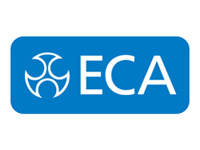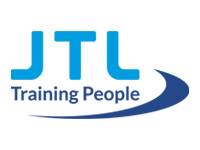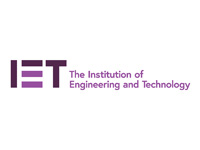In case you missed the budget update last month, the JIB has highlighted six key points for Employers to note, where the Chancellor set out four pillars for growth – enterprise, employment, education and everywhere.
- Universal support scheme to help disabled into work
A new voluntary employment scheme for disabled people and those with health conditions, called universal support, will be funded in England and Wales. Up to £4,000 per person will be invested to support 50,000 people per year to find a suitable role to cater to their needs. As a further measure, there are promised reforms for the welfare system, which will include the abolition of the work capability assessment.
- More support for occupational health to keep people in work
Under the “employment” pillar for growth, a £406m plan to tackle health issues keeping people out of work was announced – with a particular focus on mental health, musculoskeletal conditions and cardiovascular disease. It was acknowledged that occupational health provided by employers has a key role to play and planned to bring forward two new consultations on how to improve instant availability for that support and double the funding for SMEs. JIB member companies already benefit from occupational health assessments, private medical cover including direct access services for mental health and muscular-skeletal conditions. To find out more, see the JIB Benefits Scheme summary here.
- Apprenticeships for over 50s
To attract “older workers” back into the labour market, the Government will launch a new type of apprenticeship for the over 50s, returnships, which will refine existing skills programmes to make them more accessible to older workers, and will be offered alongside skills bootcamps and sector-based work academies, to give people the support that they need to find a recognisable path back into work.
- Keep the highly skilled in work by lowering pensions tax
An increase in the pensions tax-free annual allowance from £40,000 to £60,000 to incentivise highly skilled workers to stay in work was announced. Additionally, the lifetime allowance charge will be removed before being abolished altogether, which will encourage people to stay in work and simplify the tax system by removing some of the complexity of pensions tax.
- Reducing childcare costs to support working parents
It was announced that 30 hours of free childcare for every child over the age of nine months with working parents would be available by September 2025 and introduced in phases:
April 2024: 15 hours of free childcare for working parents of two-year-olds.
September 2024: 15 hours of free childcare for working parents of children aged nine months to three years.
Schools and local authorities will also be funded to increase wraparound care and therefore tackle the barriers caused by the current limited availability for parents of school-age children.
- Raise in corporation tax to “incentivise investment”
Corporation tax will rise from 19% to 25%, for companies with more than £250,000 in profits in April, with the Government insisting that just 10% of UK businesses would pay the full 25% rate. It was also revealed that a new full expensing scheme to allow every pound spent on IT equipment and machinery to be deducted in full, from taxable profits, will be introduced.
JIB Chief Executive Jay Parmar commented: “While there were some encouraging announcements in the Spring Budget, the announcement falls short in targeting the skills needed in the electrotechnical sector, which ultimately is the engine to help deliver Net Zero competently, safely and on target.”
The Employers’ Area of the JIB website has more information on matters including Business Support, Apprenticeships, Employee Health & Wellbeing and Dispute resolution.







